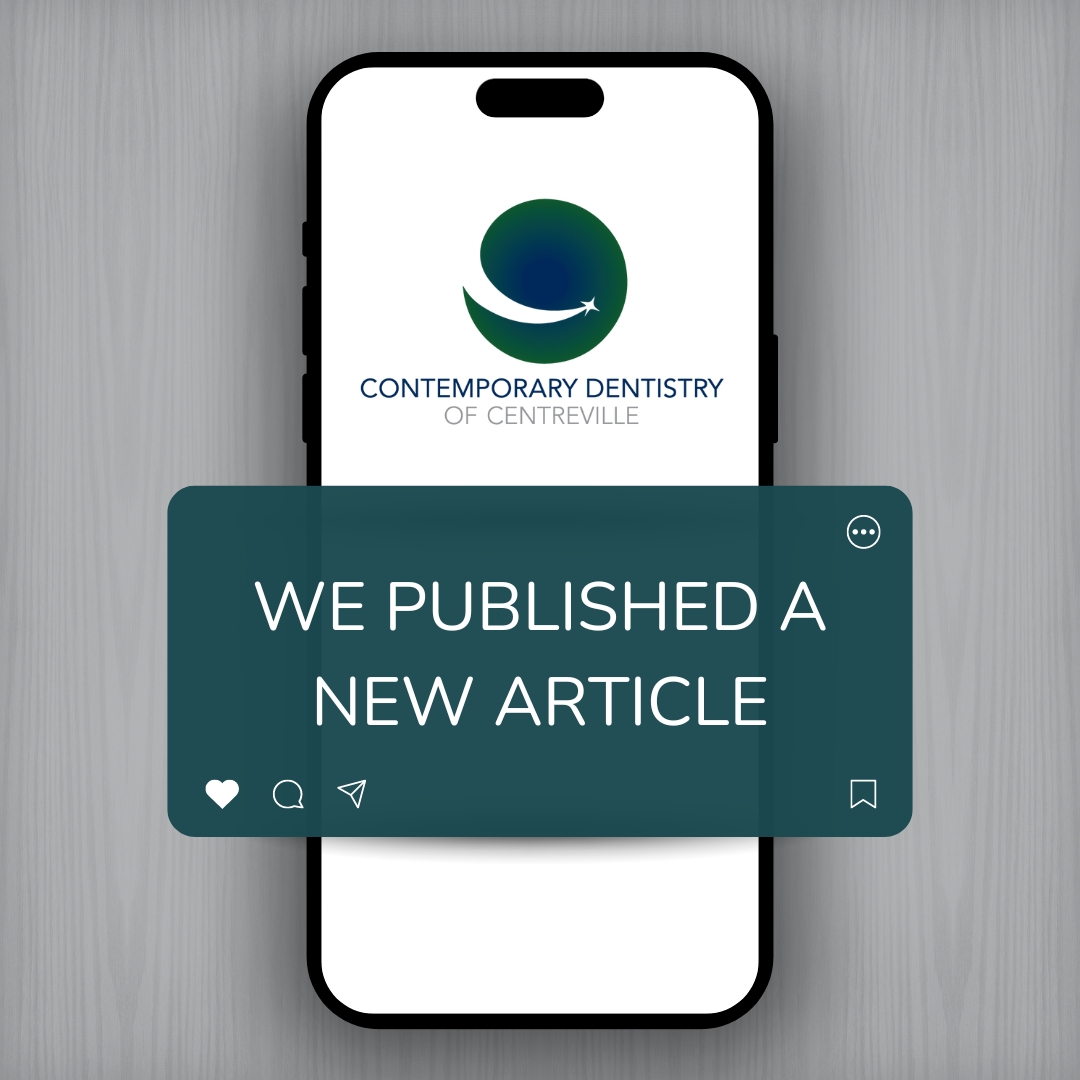
BREAKFAST MAY BE THE MOST IMPORTANT meal of the day, but for many of us it’s also the most unhealthy. A bad breakfast is not only bad for our teeth, but makes us feel sluggish before we even get out the door—setting us on a track for unhealthy choices throughout the day.
How Often Do You Eat Breakfast On-The-Go?
We usually don’t give ourselves time for healthy breakfast options. We grab something handy and rush out the door. Donuts, starchy muffins, and sugary pastries gulped down with acidic orange juice or tooth-staining coffee aren’t exactly tooth friendly. Even our morning cereals may contain more decay-causing sugar than candy bars!
3 Smart Breakfast Tips To Protect Your Teeth
- Choose whole grains. They’re better for you, and easier on your teeth than refined starches.
- Yogurt naturally neutralizes acids on teeth. Adding granola, chopped nuts, or fruit can make your breakfast more nutritious and delicious!
- If you eat acidic fruits, juices or smoothies, rinse your mouth with water when finished.
Smile-Healthy Breakfasts
What’s good for your teeth is usually what’s good for your body. Here are some great menu ideas:
- whole grain, sugar-light cereal with calcium-rich milk
- scrambled eggs and whole-wheat toast
- yogurt with granola or muesli
What’s your favorite quick-and-healthy breakfast? Share in the comments below. We love to hear from you.







 Therapeutic mouthwashes serve clinical purposes, like attacking bacteria and plaque, or strengthening teeth with fluoride. When buying therapeutic mouthwash, look for the American Dental Association Seal of Acceptance on the bottle. Products that feature this logo have been evaluated by experts and meet specific standards for safety and effectiveness.
Therapeutic mouthwashes serve clinical purposes, like attacking bacteria and plaque, or strengthening teeth with fluoride. When buying therapeutic mouthwash, look for the American Dental Association Seal of Acceptance on the bottle. Products that feature this logo have been evaluated by experts and meet specific standards for safety and effectiveness.











